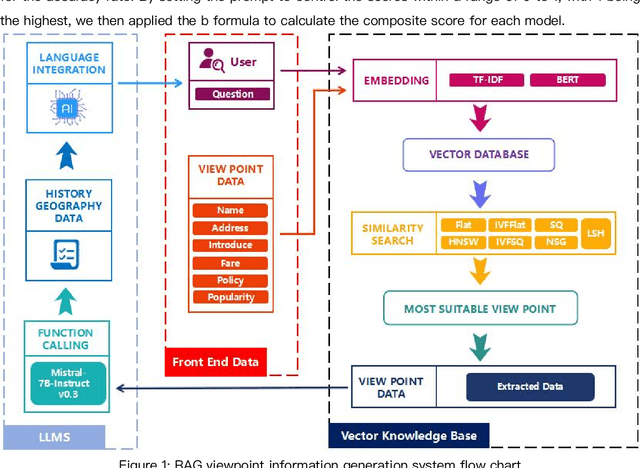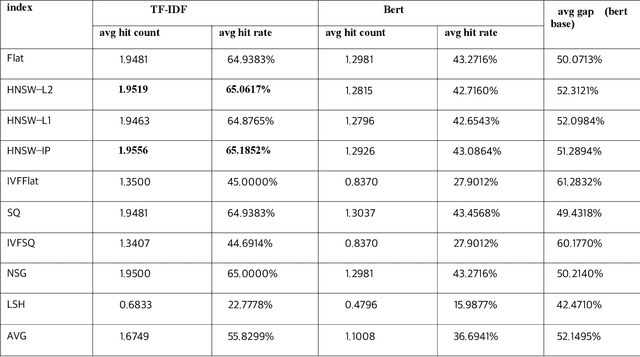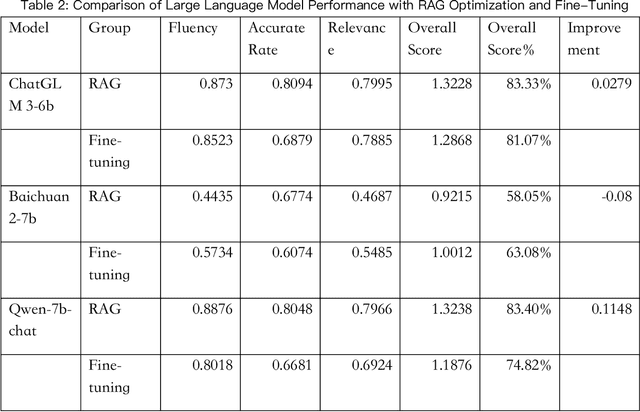Shuai Yan
Heterogeneous network drug-target interaction prediction model based on graph wavelet transform and multi-level contrastive learning
Apr 27, 2025Abstract:Drug-target interaction (DTI) prediction is a core task in drug development and precision medicine in the biomedical field. However, traditional machine learning methods generally have the black box problem, which makes it difficult to reveal the deep correlation between the model decision mechanism and the interaction pattern between biological molecules. This study proposes a heterogeneous network drug target interaction prediction framework, integrating graph neural network and multi scale signal processing technology to construct a model with both efficient prediction and multi level interpretability. Its technical breakthroughs are mainly reflected in the following three dimensions:Local global feature collaborative perception module. Based on heterogeneous graph convolutional neural network (HGCN), a multi order neighbor aggregation strategy is designed.Multi scale graph signal decomposition and biological interpretation module. A deep hierarchical node feature transform (GWT) architecture is proposed.Contrastive learning combining multi dimensional perspectives and hierarchical representations. By comparing the learning models, the node representations from the two perspectives of HGCN and GWT are aligned and fused, so that the model can integrate multi dimensional information and improve the prediction robustness. Experimental results show that our framework shows excellent prediction performance on all datasets. This study provides a complete solution for drug target discovery from black box prediction to mechanism decoding, and its methodology has important reference value for modeling complex biomolecular interaction systems.
HyboWaveNet: Hyperbolic Graph Neural Networks with Multi-Scale Wavelet Transform for Protein-Protein Interaction Prediction
Apr 27, 2025Abstract:Protein-protein interactions (PPIs) are fundamental for deciphering cellular functions,disease pathways,and drug discovery.Although existing neural networks and machine learning methods have achieved high accuracy in PPI prediction,their black-box nature leads to a lack of causal interpretation of the prediction results and difficulty in capturing hierarchical geometries and multi-scale dynamic interaction patterns among proteins.To address these challenges, we propose HyboWaveNet,a novel deep learning framework that collaborates with hyperbolic graphical neural networks (HGNNs) and multiscale graphical wavelet transform for robust PPI prediction. Mapping protein features to Lorentz space simulates hierarchical topological relationships among biomolecules via a hyperbolic distance metric,enabling node feature representations that better fit biological a priori.HyboWaveNet inherently simulates hierarchical and scale-free biological relationships, while the integration of wavelet transforms enables adaptive extraction of local and global interaction features across different resolutions. Our framework generates node feature representations via a graph neural network under the Lorenz model and generates pairs of positive samples under multiple different views for comparative learning, followed by further feature extraction via multi-scale graph wavelet transforms to predict potential PPIs. Experiments on public datasets show that HyboWaveNet improves over both existing state-of-the-art methods. We also demonstrate through ablation experimental studies that the multi-scale graph wavelet transform module improves the predictive performance and generalization ability of HyboWaveNet. This work links geometric deep learning and signal processing to advance PPI prediction, providing a principled approach for analyzing complex biological systems
RAG-Optimized Tibetan Tourism LLMs: Enhancing Accuracy and Personalization
Aug 21, 2024


Abstract:With the development of the modern social economy, tourism has become an important way to meet people's spiritual needs, bringing development opportunities to the tourism industry. However, existing large language models (LLMs) face challenges in personalized recommendation capabilities and the generation of content that can sometimes produce hallucinations. This study proposes an optimization scheme for Tibet tourism LLMs based on retrieval-augmented generation (RAG) technology. By constructing a database of tourist viewpoints and processing the data using vectorization techniques, we have significantly improved retrieval accuracy. The application of RAG technology effectively addresses the hallucination problem in content generation. The optimized model shows significant improvements in fluency, accuracy, and relevance of content generation. This research demonstrates the potential of RAG technology in the standardization of cultural tourism information and data analysis, providing theoretical and technical support for the development of intelligent cultural tourism service systems.
Research on Tibetan Tourism Viewpoints information generation system based on LLM
Jul 18, 2024



Abstract:Tibet, ensconced within China's territorial expanse, is distinguished by its labyrinthine and heterogeneous topography, a testament to its profound historical heritage, and the cradle of a unique religious ethos. The very essence of these attributes, however, has impeded the advancement of Tibet's tourism service infrastructure, rendering existing smart tourism services inadequate for the region's visitors. This study delves into the ramifications of informational disparities at tourist sites on Tibetan tourism and addresses the challenge of establishing the Large Language Model (LLM) evaluation criteria. It introduces an innovative approach, the DualGen Bridge AI system, employing supervised fine-tuning techniques to bolster model functionality and enhance optimization processes. Furthermore, it pioneers a multi-structured generative results assessment framework. Empirical validation confirms the efficacy of this framework. The study also explores the application of the supervised fine-tuning method within the proprietary DualGen Bridge AI, aimed at refining the generation of tourist site information. The study's findings offer valuable insights for optimizing system performance and provide support and inspiration for the application of LLM technology in Tibet's tourism services and beyond, potentially revolutionizing the smart tourism industry with advanced, tailored information generation capabilities.
 Add to Chrome
Add to Chrome Add to Firefox
Add to Firefox Add to Edge
Add to Edge